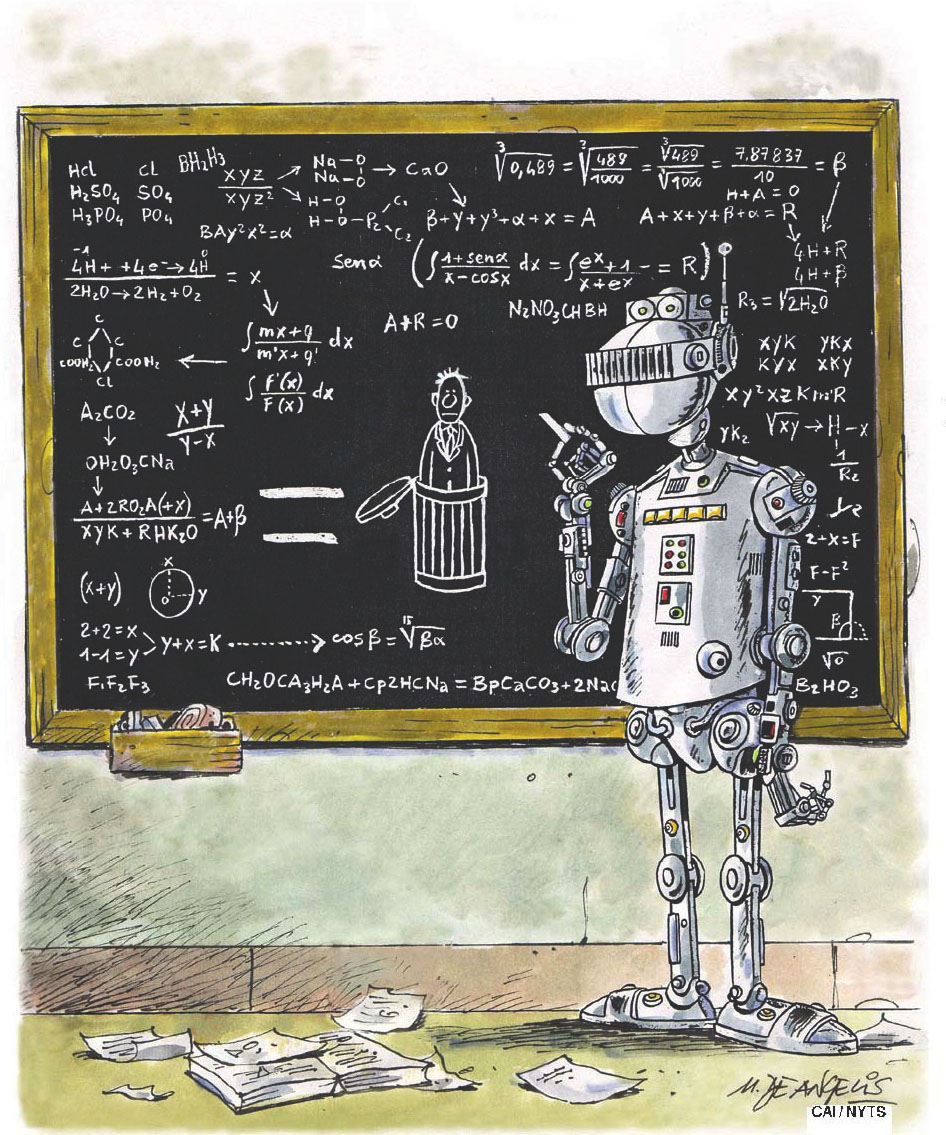In discussions about the implications of artificial intelligence, someone almost always evokes the ancient Greek myth of Pandora's box. In the modern fairytale version of the story, Pandora is depicted as a tragically curious young woman who opens a sealed urn and inadvertently releases eternal misery on humankind. Like the genie that has escaped the bottle, the horse that has fled the barn and the train that has left the station, the myth has become a cliche.
And yet the actual story of Pandora is far more apropos to debates about AI and machine learning than many realize. What it shows is that it is better to listen to "Prometheans" who are concerned about humanity's future than "Epimetheans" who are easily dazzled by the prospect of short-term gains.
One of the oldest Greek myths, the story of Pandora was first recorded more than 2,500 years ago, in the time of Homer. In the original telling, Pandora was not some innocent girl who succumbed to the temptation to open a forbidden jar. Rather, as the poet Hesiod tells us, Pandora was "made, not born." Having been commissioned by all-powerful Zeus and designed to his cruel specifications by Hephaestus, the god of invention, Pandora was a lifelike android created to look like a bewitching maiden. Her purpose was to entrap mortals as a manifestation of kalos kakon: "evil hidden in beauty."



















With your current subscription plan you can comment on stories. However, before writing your first comment, please create a display name in the Profile section of your subscriber account page.